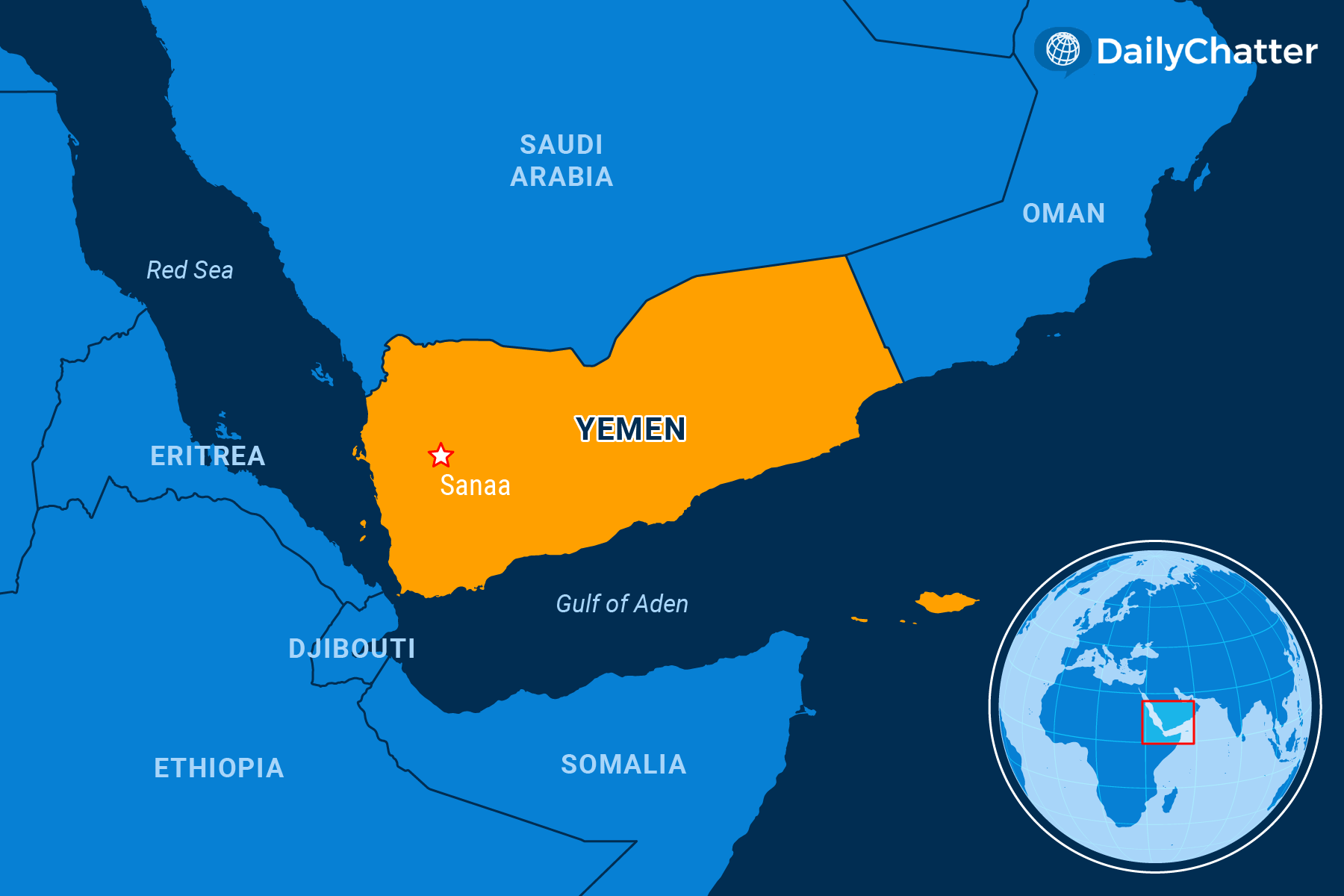
The World Today for January 20, 2022
NEED TO KNOW
Worst Crisis Today
YEMEN

Houthi rebels in Yemen recently launched a drone and missile strike against the United Arab Emirates, blowing up fuel tankers and killing three people. The origins of the drones weren’t clear. But, as the Jerusalem Post suggested, the Iranians, who support the Houthis, are a likely source.
The Saudi Arabia-led coalition seeking to oust the Houthis who control the capital of Sanaa responded with airstrikes, killing around 20, the Guardian wrote.
Prior to the strike, pro-government Yemeni forces and their Saudi-supported allies had captured the energy-rich Shabwa province from the Houthis. The victory puts the pro-government forces in a better position to retake another oil-producing province, Marib, further undermining the Houthis’ power, Voice of America reported.
The victory potentially foretold the beginning of the end of Yemen’s seven-year-old war, which began when Houthi forces ousted then-President Abed Rabbo Mansour Hadi. But questions remain about how Yemenis will overcome a conflict that the United Nations claimed has resulted in the world’s worst humanitarian crisis. The war has resulted in more than 377,000 deaths, and more than 20 million people, or 80 percent of the population, face starvation. The UN has called for $3.9 billion this year to ameliorate the crisis, Agence France-Presse wrote.
Foreign governments don’t appear to be decreasing their meddling in Yemen, either.
At the tip of the proverbial spear that the coalition is using to push aside the Houthis are the Giants Brigades, Middle East Eye explained. A crack force of ultraorthodox Sunni Muslims that receives UAE support, they’ll likely expand the UAE’s influence in Yemen as their victories mount.
At the same time, Iran continues to pour small arms, including rocket launchers, sniper rifles and other weapons, into Yemen despite an arms embargo that the UN instituted against the Houthis in 2015, Al Jazeera wrote.
Saudi officials and Houthi leaders are engaged in a war in cyberspace, too. The Houthis have been particularly effective in manipulating the narrative. “Yemenis living in Houthi-dominated areas are more likely to trust Houthi news outlets or view statements from Houthi authorities as reliable, even if they are demonstrably false,” Foreign Policy magazine wrote.
Yemenis might also trust the Houthis more because pro-government forces have abducted and tortured civilians in a bid to quash the rebellion, the Intercept added. Activists believe as many as 10,000 men and boys are in UAE-run secret prisons in the country.
Both sides in the conflict are responsible for the suffering of the Yemeni people, argued Khaled Alyemany, Yemen’s ex-foreign minister, in an Atlantic Council blog post. The UN and International Monetary Fund could work with the Houthis and pro-government forces to stabilize the economy and avoid the worst of the humanitarian crisis, however, he argued.
That’s hopeful. But there’s a reason they say war is hell.
To read the full edition and support independent journalism, join our community of informed readers and subscribe today!
Not already a subscriber?
If you would like to receive DailyChatter directly to your inbox each morning, subscribe below with a free two-week trial.
Support journalism that’s independent, non-partisan, and fair.
If you are a student or faculty with a valid school email, you can sign up for a FREE student subscription or faculty subscription.
Questions? Write to us at [email protected].
